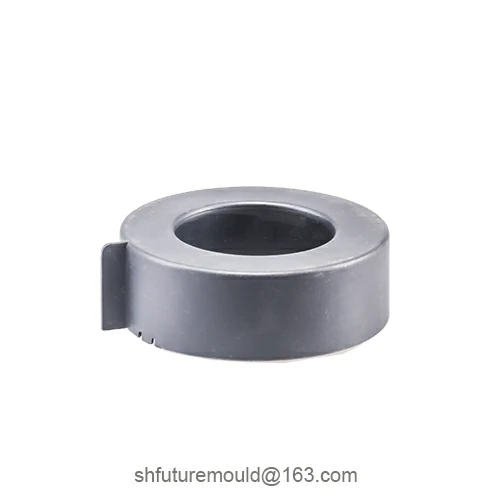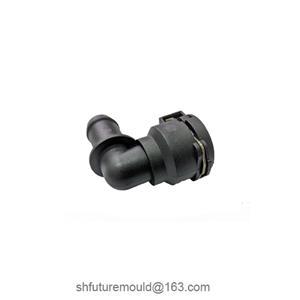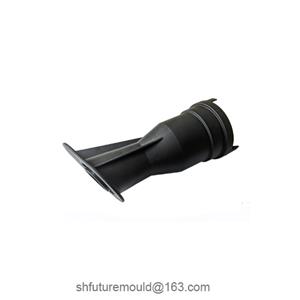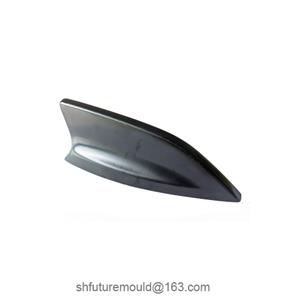Why Must Injection Molded Products Be Designed with Draft Angles?
The primary reason for incorporating draft angles into the design of plastic products is to ensure that the product can be smoothly ejected from the mold, avoiding deformation, damage to the product, or damage to the mold.
1. Functions of Draft Angles
Reduce Friction
Draft angles create sloped surfaces, reducing the contact area between the product and the mold. This lowers friction and allows the product to slide out of the mold more easily.
Prevent Product Sticking
For complex-shaped parts, the absence of draft angles can cause the product to stick in the mold after cooling and shrinking, making demolding difficult or even resulting in damage.
Ensure Dimensional Accuracy
Proper draft angles minimize deformation during the demolding process, ensuring the dimensional accuracy of the product.
2. What Happens Without Draft Angles?
Difficult or Impossible Demolding
The product may tightly adhere to the mold, making it hard to separate.
Product Deformation
Forcing the product out of the mold can cause defects such as deformation or warping.
Surface Damage to the Product
The product’s surface may become scratched or develop burrs during demolding.
Mold Damage
Repeated forced demolding accelerates mold wear and reduces its lifespan.
- Injection Mold
- Automotive Injection Mold
- Electronics & Electrical Injection Mold
- Consumer Goods Injection Mold
- Airplane Components Injection Mold
- Medical Components Injection Mold
- Irrigation Components Injection Mold
- Injection Molds




